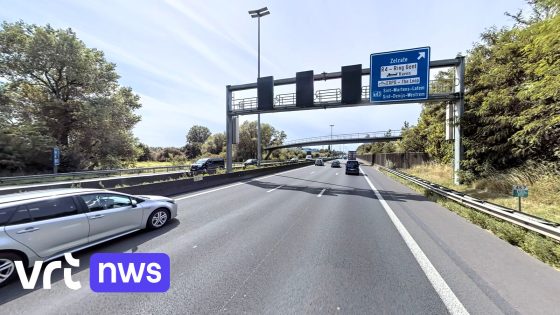Belgium faces a critical moment in its climate policy as it misses the May 12 deadline to submit a national climate plan to the European Commission. The national climate plan, essential for outlining Belgium’s strategy to meet EU climate targets, remains incomplete as of 2025-05-03 20:48:00. Federal Climate Minister Jean-Luc Crucke remains confident the plan will be ready by summer.
- België dient klimaatplan niet op 12 mei
- Minister Crucke verwacht plan tegen zomer
- België moet 47% minder broeikasgassen uitstoten
- Vlaamse vertraging veroorzaakt nationale planuitstel
- Vlaamse uitstootreductie slechts 33,7% tegen 2030
- Europese Commissie kan boete opleggen aan België
The delay stems largely from challenges within the Flemish government, where reaching consensus on new climate measures has proven difficult. This setback raises questions about Belgium’s ability to reduce greenhouse gas emissions by 47% compared to 2005 levels by 2030, a key EU objective. What impact will this delay have on Belgium’s climate commitments and its standing with the European Commission?
As the clock ticks, the government must balance political complexities with environmental urgency to meet its targets. Here is a concise overview of the situation and what lies ahead.
Why is Belgium struggling to meet this deadline, and what does it mean for its climate goals? The delay highlights internal political hurdles and the significant challenge of aligning regional interests with national commitments. Key points include:
- Flemish emissions reduction currently at 33.7%, well below the 47% target.
- Political negotiations in Flanders with coalition partners N-VA and CD&V causing delays.
- European Commission’s infringement procedure could lead to fines if delays continue.
- Federal optimism that the new timeline will be met without severe consequences.
Looking ahead, Belgium must accelerate climate policy development and foster stronger regional collaboration to avoid penalties and contribute effectively to Europe’s climate ambitions. Will the government manage to turn these challenges into a sustainable success story?






























